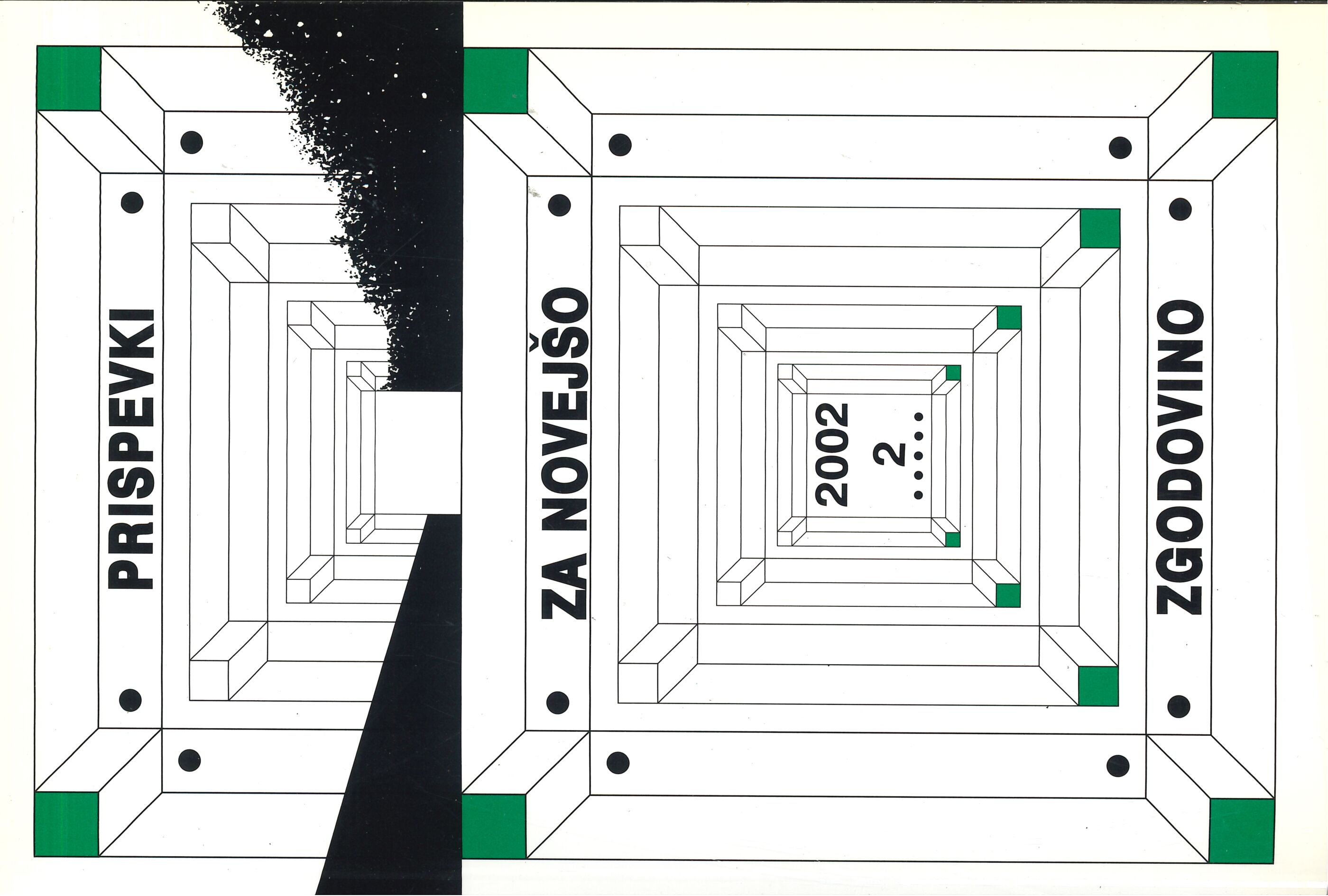Ekonomska vloga Avstro-Ogrske v evropskem prostoru s stališča modernizacijskih procesov in položaj posameznih dežel v njej
Ključne besede:
Avstro-Ogrska, habsburška monarhija, gospodarski razvoj, gospodarska rast, razvojna politika, razvojne razlike, industrializacijaPovzetek
Glede na gospodarsko razvitost je bila Avstro-Ogrska prehodno območje med bolj razvitim zahodom in severom in manj razvitim jugom in vzhodom. Ta razvojna prelomnica se je jasno odražala tudi znotraj Avstro-Ogrske. Čim bolj industrializirane so bile posamezne dežele, tem bolj so bile razvite in obratno. Razvojne razlike so se zato lahko začele zmanjševati, ko so se začele intenzivno industrializirati tudi manj razvite dežele. Na podlagi primerjave uspešnega gospodarskega razvoja Ogrske in neuspešnega gospodarskega razvoja Galicije in Dalmacije avtor ugotovi, da so bile lahko uspešne samo dežele, ki jim je uspelo učinkovito komercializirati gospodarstvo in se intenzivno vključiti v proces globalizacije. Država je pri tem predvsem morala pomagati zgraditi učinkovito prometno in finančno infrastrukturo in zagotoviti stabilen fiskalni in denarni sistem.
Prenosi
Objavljeno
Številka
Rubrika
Licenca
Avtorji prispevkov, objavljenih v tej reviji, soglašajo z naslednjimi pogoji glede avtorskih pravic:
- Avtorji ohranijo avtorske pravice, reviji pa odobrijo pravico do prve objave. Delo se hkrati zaščiti z licenco za prosto uporabo avtorskih del (Creative Commons Attribution License), ki drugim osebam omogoča deljenje dela ob priznanju avtorstva in prve objave v tej reviji.
- Avtorji lahko sklenejo ločene dodatne pogodbene dogovore za neizključno distribucijo različice dela, objavljene v reviji, (npr. oddaja v institucionalni repozitorij ali objava v knjigi) z navedbo, da je bilo delo prvič objavljeno v tej reviji.
- Pred postopkom pošiljanja in med njim lahko avtorji delo objavijo v spletu (npr. v institucionalnih repozitorijih ali na svoji spletnih strani), k čemer jih tudi spodbujamo, saj lahko to prispeva k plodnim izmenjavam ter hitrejšemu in obsežnejšemu navajanju objavljenega dela (glej The Effect of Open Access).


